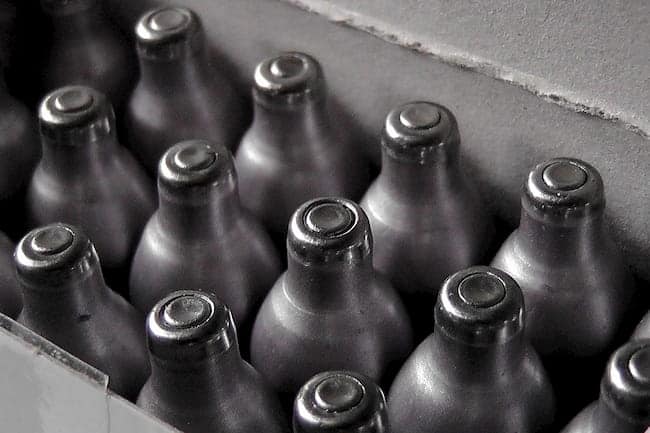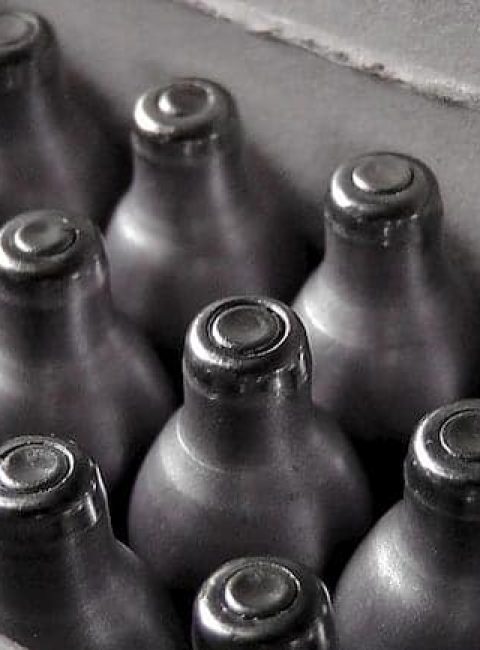powered by PiQR.io
powered by PiQR.io


Nitrous oxide is a colourless gas first synthesised by Joseph Priestley in 1772. Its medical application for anaesthetic and pain-reducing purposes is common within surgery and dentistry.
More recently, nitrous oxide – also known as laughing gas – has been gaining a lot of attention worldwide for its excessive use by youths inhaling the substance, as it causes a euphoric effect.
Nitrous oxide can be used for various cooking processes. The gas is often used in professional kitchens because of its preservative effect; due to the cryogenic and evaporative cooling properties of nitrous oxide, foods can be preserved for extended periods when under pressure.
When making whipped cream, the molecules of the cream are injected with nitrous oxide when pressurised in a cream dispenser, resulting in a much fluffier texture and voluminous aesthetic.
Fun fact: did you know that nitrous oxide is commonly used to fill the extra space in snacks and chips bags? The gas has a property that stops the growth of bacteria.
Nitrous oxide is a byproduct emitted during industrial and agricultural activities. Aside from that, it is released by cars with the ignition of the engine. According to an overview of greenhouse gas emissions in 2018, nitrous oxide is reported to occupy 7% of the total bill.
Each of these greenhouse gases can remain in the atmosphere for different amounts of time, ranging from a few years up to hundreds of years. With the amount of nitrous oxide (N2O) emitted today, it will remain in the atmosphere for over 100 years on average. According to The Conversation, the gas can even live up to 110 years. The article also mentions that nitrous oxide is not only a greenhouse gas but also an ozone destroyer: depleting the protective layer that removes N2O from the atmosphere.
We’ve all been there – your local dentist offering you something to feel more comfortable during that painful procedure. The use of nitrous oxide for such matters does not intend to put you to sleep, but to calm you down and make you feel comfortable.
When inhaled, the effect of nitrous oxide with oxygen is a safe and effective method to control the pain and anxiety of a dentist visit. Light-headedness and tingling arms and legs are some of the most common nitrous oxide effects.
The effects of nitrous oxide – when inhaled – can cause feelings of euphoria, relaxation and calmness. More substantial effects include distortions in sound and even hallucinations. The nickname ‘laughing gas’ was born because… it also causes hysterical laughter.
Some less pleasant side effects of N2O include:
Nitrous oxide also finds its use in the context of car racing, known most commonly as NOS (Nitrous Oxide System). The use of NOS spearheaded the development of racing cars and, although the system is fundamental to the racing world today, it is also prone to misuse.
But how does nitrous oxide boost the engine of a car? It’s quite simple: the addition of nitrous oxide makes more oxygen available during ignition, allowing the car engine to burn more fuel, ultimately resulting in a more powerful combustion process using the same resources.
Nitrous oxide also causes a cooling effect on the air intake when it vaporises. The downside, however, is that a lot of nitrous oxide is needed for it to work effectively. Such amounts take up a lot of space, which is unfavourable for a racing car with tight dimensions.
| Cookie | Duration | Description |
|---|---|---|
| cookielawinfo-checkbox-analytics | 11 months | This cookie is set by GDPR Cookie Consent plugin. The cookie is used to store the user consent for the cookies in the category "Analytics". |
| cookielawinfo-checkbox-functional | 11 months | The cookie is set by GDPR cookie consent to record the user consent for the cookies in the category "Functional". |
| cookielawinfo-checkbox-necessary | 11 months | This cookie is set by GDPR Cookie Consent plugin. The cookies is used to store the user consent for the cookies in the category "Necessary". |
| cookielawinfo-checkbox-others | 11 months | This cookie is set by GDPR Cookie Consent plugin. The cookie is used to store the user consent for the cookies in the category "Other. |
| cookielawinfo-checkbox-others | 11 months | This cookie is set by GDPR Cookie Consent plugin. The cookie is used to store the user consent for the cookies in the category "Other. |
| cookielawinfo-checkbox-performance | 11 months | This cookie is set by GDPR Cookie Consent plugin. The cookie is used to store the user consent for the cookies in the category "Performance". |
| viewed_cookie_policy | 11 months | The cookie is set by the GDPR Cookie Consent plugin and is used to store whether or not user has consented to the use of cookies. It does not store any personal data. |
